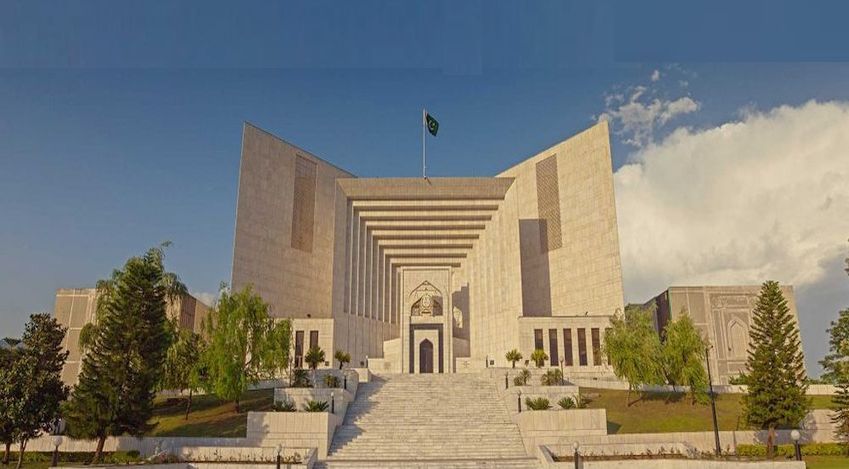Plaintiffs seeking Possession through Gift must demonstrate a Clear Title, with Supporting Evidence and Credible Documentation --- Supreme Court of Pakistan
Islamabad 06-11-2024: In a recent ruling, the Supreme Court of Pakistan set aside the appellate decisions of the Peshawar High Court and restored the trial Court’s dismissal of a suit concerning ownership and possession of two shops in Saidu Sharif, Swat. The case involved appeals by both plaintiffs and defendants, focusing on issues of title validation and procedural requirements in property claims.
The dispute arose when the plaintiffs sought to reclaim possession and mesne profits from the defendants, whom they claimed had taken over the shops as licensees but later refused to vacate. The plaintiffs asserted ownership based on a chain of gift transactions, which they claimed traced back to Badshah Sahib, the former ruler of Swat. However, the defendants argued that they had purchased the shops from a legitimate heir, presenting evidence of a prior sale agreement that predated the plaintiffs’ claimed gift transfer.
The Supreme Court of Pakistan, in its judgment, outlined essential legal principles governing property disputes, particularly those based on disputed or complex titles.
Emphasizing Section 8 of the Specific Relief Act, 1877, the Court reiterated that plaintiffs seeking possession must demonstrate a clear title, with supporting evidence and credible documentation. In this case, the plaintiffs failed to produce the primary gift deed and could not substantiate their ownership.
Given the complexities and challenges in the title claim, the Supreme Court of Pakistan held that the plaintiffs should have pursued a declaratory judgment on ownership before seeking possession. The failure to do so rendered the suit procedurally improper, aligning with precedent set in Sultan Mahmood Shah Vs. Muhammad Din (2005 SCMR 1872).
The plaintiffs’ claim for Rs.10,000 per month as mesne profits was deemed unsubstantiated, as they lacked evidence justifying this amount.
The Court emphasized that appellate bodies should exercise caution in overturning trial Court decisions based on evidence assessment. In this case, the trial Court’s dismissal of the suit was deemed appropriate due to the plaintiffs’ insufficient evidence and procedural oversights.
The Supreme Court of Pakistan accepted the defendants’ appeal [CA No.493 of 2023] and dismissed the plaintiffs’ appeal [CA No.494 of 2023], ultimately restoring the trial Court’s decree that had dismissed the plaintiffs’ suit in its entirety. No costs were imposed.
Powered by Froala Editor








